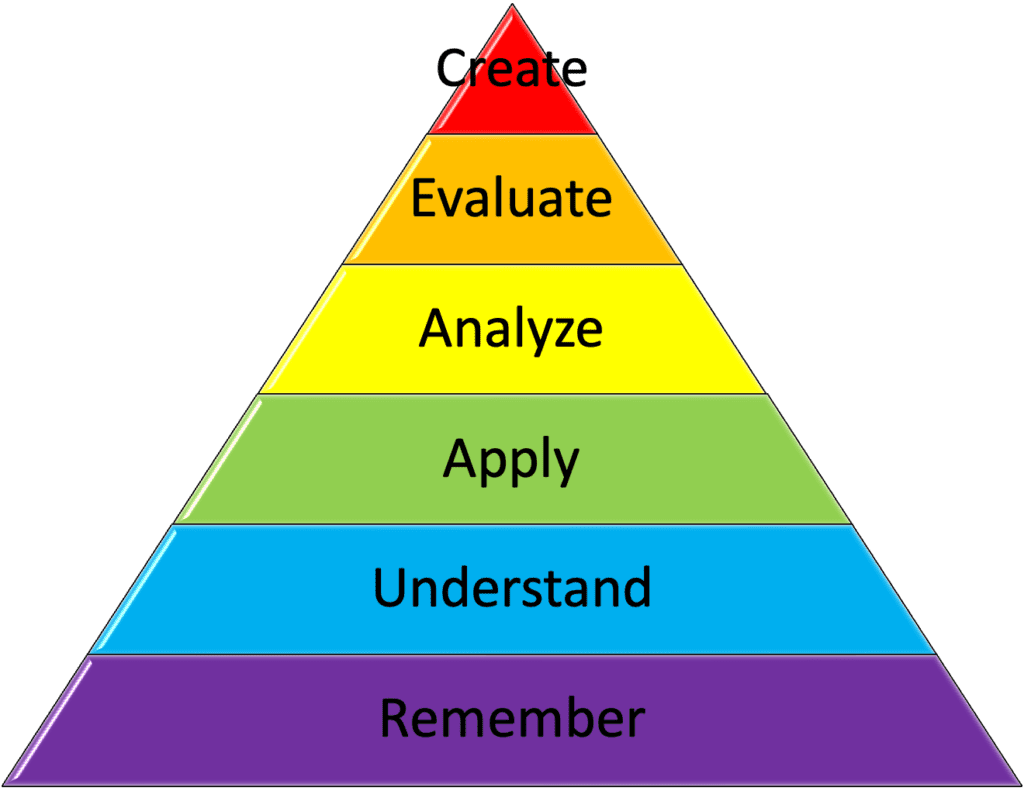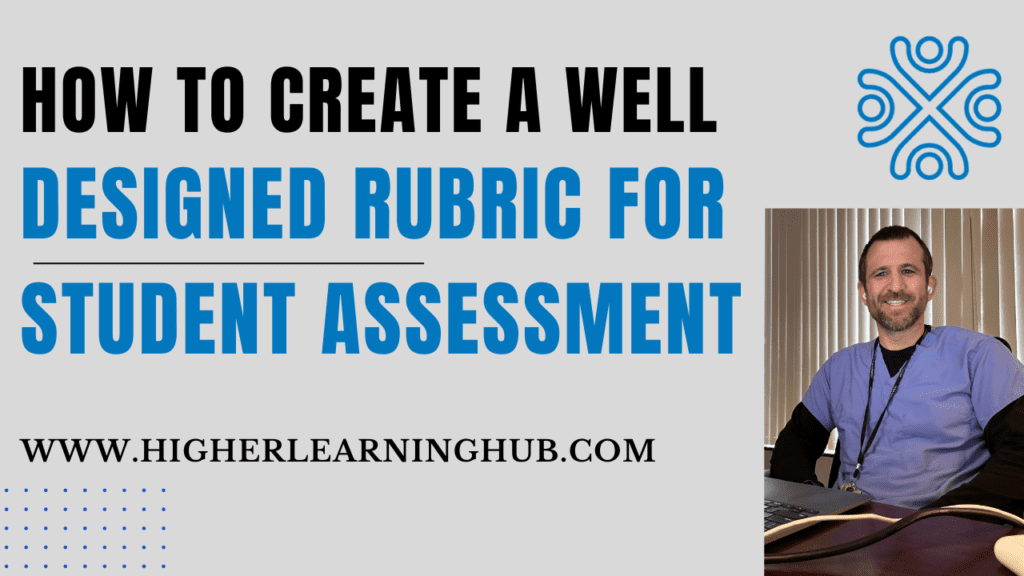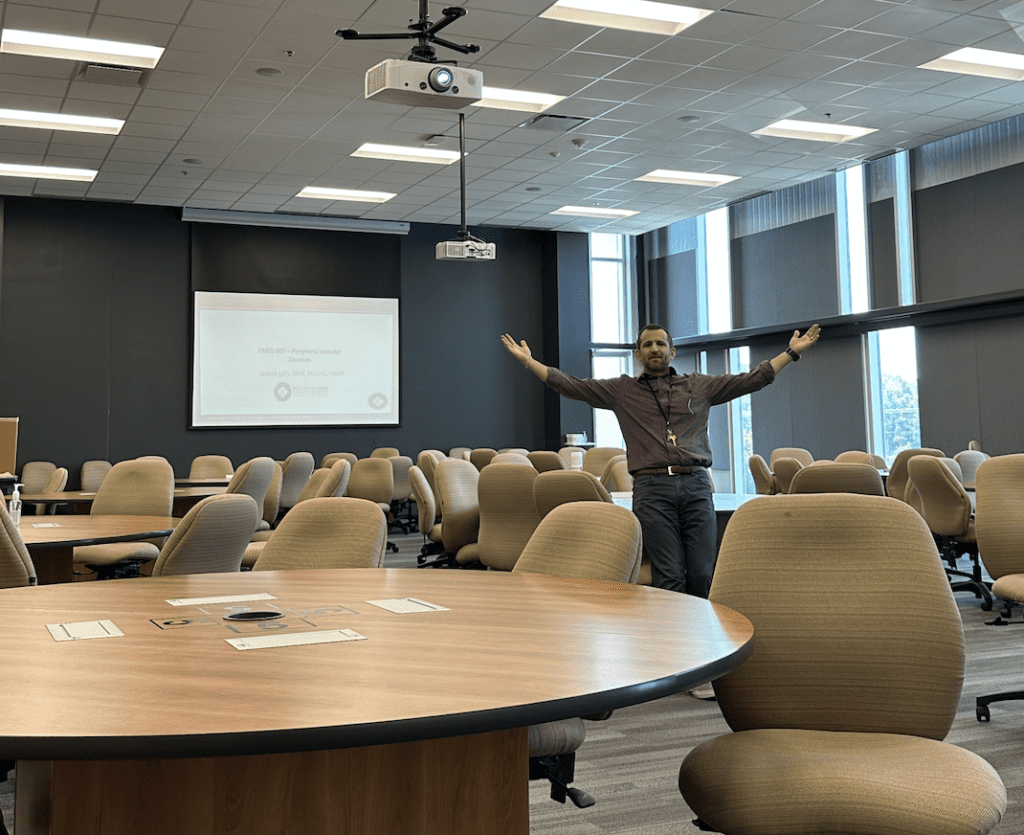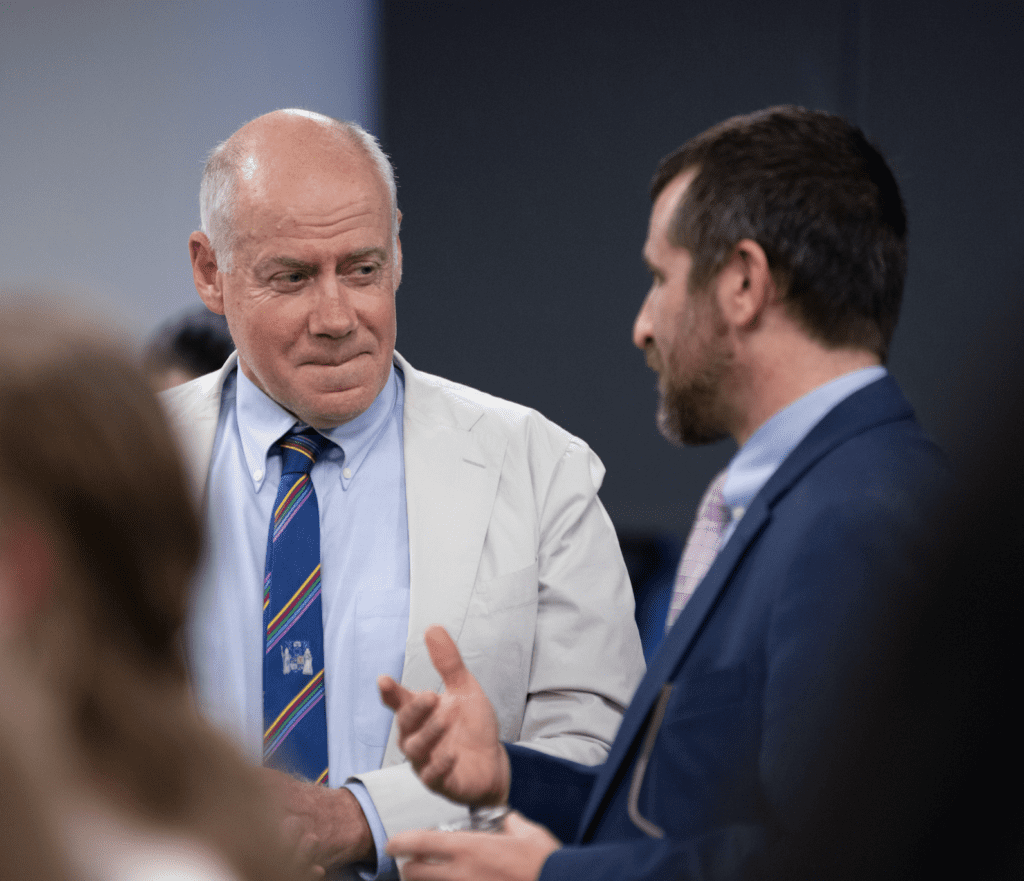In recent years, virtual learning has become an integral part of higher education. With the advent of technology and the global accessibility of the internet, virtual learning platforms have revolutionized the way students engage with educational content. However, to ensure the effectiveness of virtual learning, it is crucial for educators to employ strategies that promote engagement, interaction, and meaningful learning experiences. In this blog post, we will explore several key strategies for enhancing virtual learning in higher education.
Clear Communication and Expectations


One of the most critical aspects of successful virtual learning is clear communication between instructors and students. Educators should establish clear expectations regarding course objectives, assignments, assessments, and communication protocols. Providing a well-structured syllabus with detailed information about the course content and assessment criteria helps set the foundation for a productive virtual learning environment.
Interactive Content and Multimedia Integration
To keep students engaged, it’s important to incorporate a variety of interactive content and multimedia elements into virtual courses. This may include videos, interactive simulations, virtual labs, online formative assessments (https://lelandjaffedpm.com/formative-vs-summative-assessments/), and other multimedia resources. These resources can provide alternative learning experiences that cater to different learning styles, making the material more accessible and engaging.
Collaborative Learning Opportunities
Facilitating opportunities for collaboration among students can be particularly challenging in a virtual setting. However, it’s crucial for promoting peer-to-peer interaction and a deeper understanding of the material. Utilize discussion forums, group projects, and virtual breakout sessions to encourage students to work together, exchange ideas, and learn from one another.
Engage with Technology-Enabled Assessment Tools
Employing technology-enabled assessment tools can help gauge student understanding and progress effectively. Online quizzes, polls, and formative assessments can provide real-time feedback to both students and instructors.
Personalized Learning Paths


Recognizing that every student has unique learning needs and preferences is critical for enhancing virtual learning. Employ adaptive learning technologies that can customize the learning experience based on individual progress, allowing students to move at their own pace and receive additional support where needed.
Provide Timely and Constructive Feedback
Timely and constructive feedback is vital for student growth and success in virtual learning environments. Use rubrics (https://lelandjaffedpm.com/creating-a-rubric/) and clear assessment criteria to provide specific feedback on assignments, assessments, and participation. Encourage students to reflect on their performance and provide opportunities for them to seek clarification or additional support.
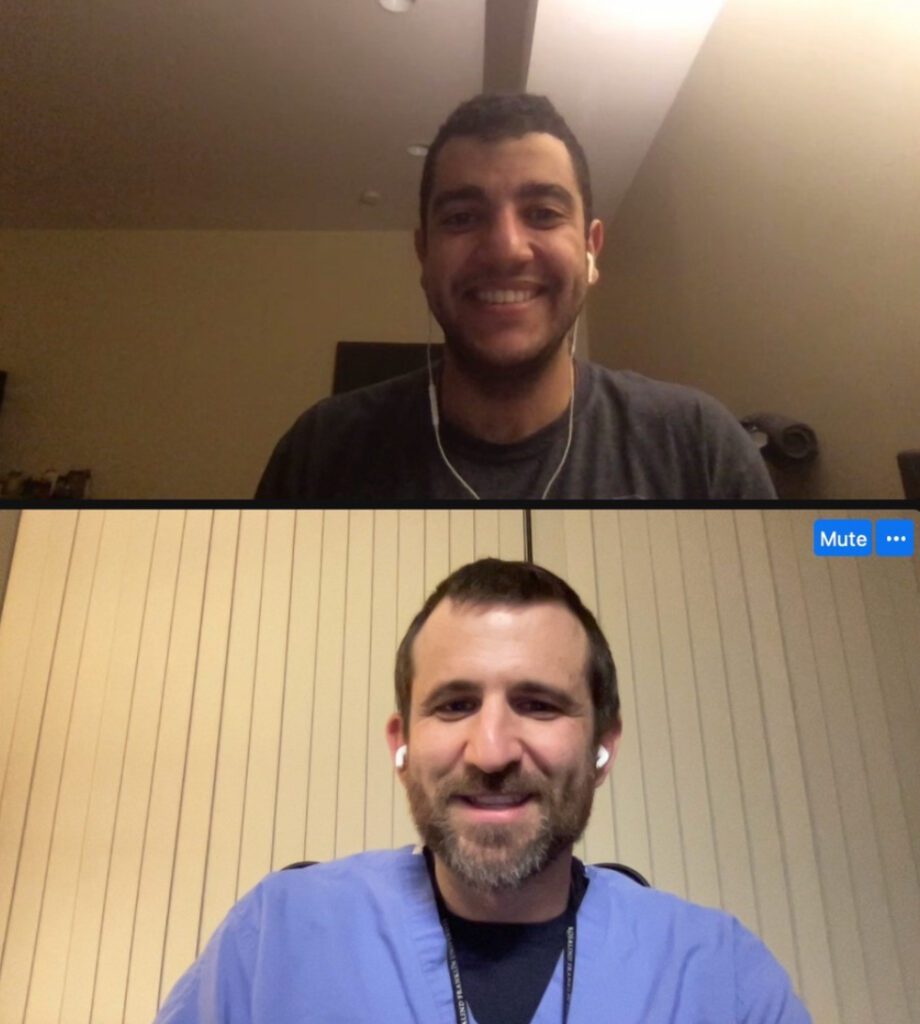

Continuous Professional Development for Instructors
Staying updated with the latest trends and best practices in virtual learning is essential for instructors to effectively engage and support students. Encourage ongoing professional development opportunities, such as workshops, webinars, and conferences, to help educators refine their virtual teaching skills.
Conclusion
Enhancing virtual learning in higher education requires a combination of effective communication, engaging content, collaborative opportunities, and personalized approaches. By employing these strategies, educators can create a dynamic and enriching virtual learning experience that empowers students to succeed in their academic pursuits. Remember, adaptability and a willingness to embrace new technologies and methodologies are key to staying at the forefront of virtual education. Virtual learning, or at least a hybrid model of education, seems to be here to stay. We as educators should embrace this change and maximize the potential benefits of this model for the betterment of student education.
Please comment below on strategies that you’ve utilized to enhance virtual learning for your students.


Leland Jaffe DPM, FACFAS
Associate Professor and Dean
Podiatric Foot and Ankle Surgeon
North Chicago, Illinois


